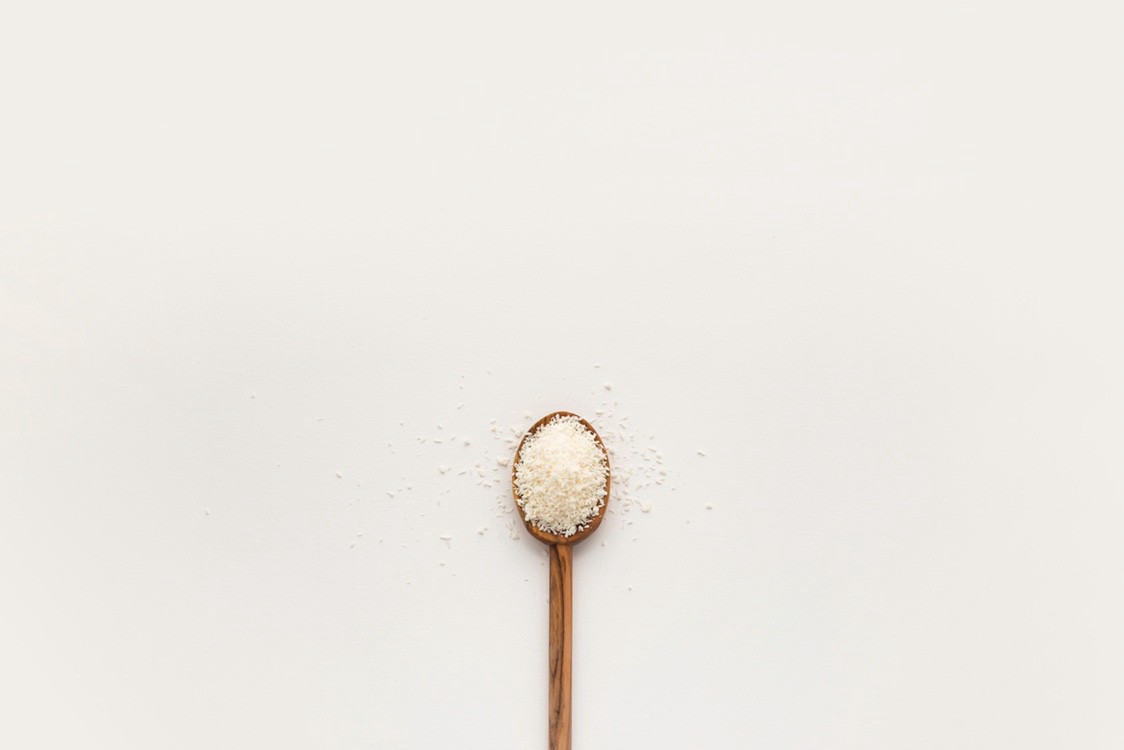

Kicking sugar out of your diet is a huge and positive step in optimising health and reversing diabetes. Perhaps you’re considering sweeteners to help wean you off the sugar rollercoaster, and support you through this health journey.
Not a bad shout, and definitely something to consider if it helps you remove sugar from your diet. However, not all sweeteners are the same, so it’s important that you choose wisely, if you decide to include them in your diet.
Artificial sweeteners, like aspartame, are synthetic, chemical compounds that we recommend you steer clear of. These are normally found in ‘diet’ products, tooting to be zero calorie or zero sugar ☠︎ — diet beverages 🥤are the biggest culprits!
We know that long term use of artificial sweeteners may alter the body’s response to glucose and insulin, and they have been linked to weight gain, over-eating and reduced satiety. Recent studies have also shown their ability to alter our delicate gut microflora, leading to health issues. ☢️
They’re essentially a modern version of sugar, disguised as ‘healthy’, but they’re just as damaging and will send your body into a tizzy — not worth the risk.
On the other hand, natural sweeteners in limited amounts is something to consider, if it helps you move away from sugar. We recommend using stevia, erythritol and monk fruit as these cause little or no effect on insulin and glucose (that science has indicated so far).
Bear in mind that if you’re having trouble with fat-loss stall, or you’re gaining weight, we advise you to omit sweeteners from your diet to see if this helps.
Here is a run through of each sweetener and how best to use them.
Choosing natural sweeteners over sugar and artificial sweeteners is certainly preferred if you need to eat something sweet. However, it’s important to realise that you are ‘feeding’ your sweet tooth, and it will only get hungrier, the more you satisfy it.
By consuming sweeteners, the habit and craving for sweetness is nurtured, rather than addressed and changed.
Often a craving for something sweet is linked with a habit: for example having a piece of chocolate after dinner (sound familiar?!). Rather than satisfying a sweet tooth, try feeding your habit with a healthier snack like cheese, or nuts. Over time your cravings for sugar will dissolve, your love for fat will grow, your tastebuds will change, and you will no longer need natural sweeteners to enhance food. Pretty sweet, eh?!
If you’re having trouble with addressing some old habits, get in touch. Through support, advise and behavioural change techniques, we can help you address and change these habits for good, so that you can get on with a healthy, happy life.
Stay tuned for more guides, to help you with your health journey.
Ciao 🙌🏽
Rachel
I’m sure you’re curious about the science behind all this 🔬 Here are some recent medical publications about this topic:
https://www.sciencedirect.com/science/article/pii/S0026049503003871
https://www.sciencedirect.com/science/article/pii/S0195666310000826
https://www.sciencedirect.com/science/article/abs/pii/S0031938415003728?via%3Dihub
https://www.ncbi.nlm.nih.gov/pubmed/8039489
https://www.ncbi.nlm.nih.gov/pubmed/16988647
https://www.ncbi.nlm.nih.gov/pubmed/21351724
https://www.nature.com/articles/nature13793